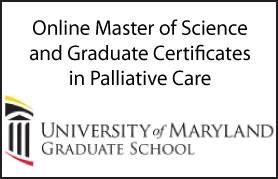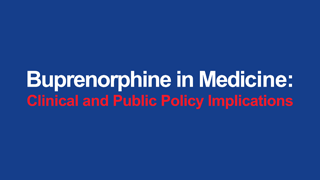Patient health literacy and the receipt of opioids in the emergency department
DOI:
https://doi.org/10.5055/jom.2019.0511Keywords:
emergency department, opioid, geriatricsAbstract
Objective: Assess relationships between patient health literacy and formal education and use of opioids during and following an emergency department (ED) visit.
Design: Prospective, cross-sectional study.
Setting: Academic ED.
Participants: Adults aged ≥ 60 years presenting to the ED with musculoskeletal pain.
Main outcome measures: Opioid use during and after an ED visit.
Results: In a sample of 136 patients, patients with low health literacy were more likely to receive an opioid in the ED than patients with high health literacy (70 percent vs 52 percent; 18 percent difference, 95% confidence interval [CI]: –1 percent, 35 percent), receive an opioid prescription (63 percent vs 44 percent; 19 percent difference, 95% CI: 1 percent, 37 percent), and take opioids during the week following the ED visit (48 percent vs 29 percent; 18 percent difference, 95% CI: 0 percent, 36 percent).
Conclusions: A greater proportion of older adults receiving ED care for musculoskeletal pain with low health literacy receive and use opioids during and following an ED visit.
References
American Society of Addiction Medicine: Opioid Addiction 2016 Facts & Figures. Available at https://www.asam.org/docs/default-source/advocacy/opioid-addiction-disease-facts-figures.pdf. Accessed January 23, 2018.
Hoppe JA, Nelson LS, Perrone J, et al.: Opioid prescribing in a cross section of U.S. emergency departments: The Prescribing Opioids Safely in the Emergency Department (POSED) study consortium. Ann Emerg Med. 2015; 66(3): 253-259.
Jeffery MM, Hooten WM, Hess EP, et al.: Opioid prescribing for opioid-naive patients in emergency departments and other settings: Characteristics of prescriptions and association with long-term use. Ann Emerg Med. 2018; 71(3): 326-336.
Platts-Mills TF, Hunold KM, Bortsov AV, et al.: More educated emergency department patients are less likely to receive opioids for acute pain. Pain. 2012; 153(5): 967-973.
West NA, Severtson SG, Gre en JL, et al.: Trends in abuse and misuse of prescription opioids among older adults. Drug Alcohol Depend. 2015; 149: 117-121.
Holland WC, Hunold KM, Mangipudi SA, et al.: A prospective evaluation of shared-decision making regarding analgesics selection for older emergency department patients with acute musculoskeletal pain. Acad Emerg Med. 2016; 23(3): 306-314.
Bass PF 3rd, Wilson JF, Griffith CH: A shortened instrument for literacy screening. J Gen Intern Med. 2003; 18(12): 1036-1038.
Dorner TE, Muckenhuber J, Stronegger WJ, et al.: The impact of socio-economic status on pain and the perception of disability due to pain. Eur J Pain. 2011; 15(1): 103-109.
Platts-Mills TF, Hollowell AG, Burke GF, et al.: Randomized controlled pilot study of an educational video plus telecare for the early outpatient management of musculoskeletal pain among older emergency department patients. Trials. 2018; 19(1): 10.
Platts-Mills TF, Esserman DA, Brown DL, et al.: Older US emergency department patients are less likely to receive pain medication than younger patients: Results from a national survey. Ann Emerg Med. 2012; 60(2): 199-206.
Published
How to Cite
Issue
Section
License
Copyright 2005-2024, Weston Medical Publishing, LLC
All Rights Reserved












